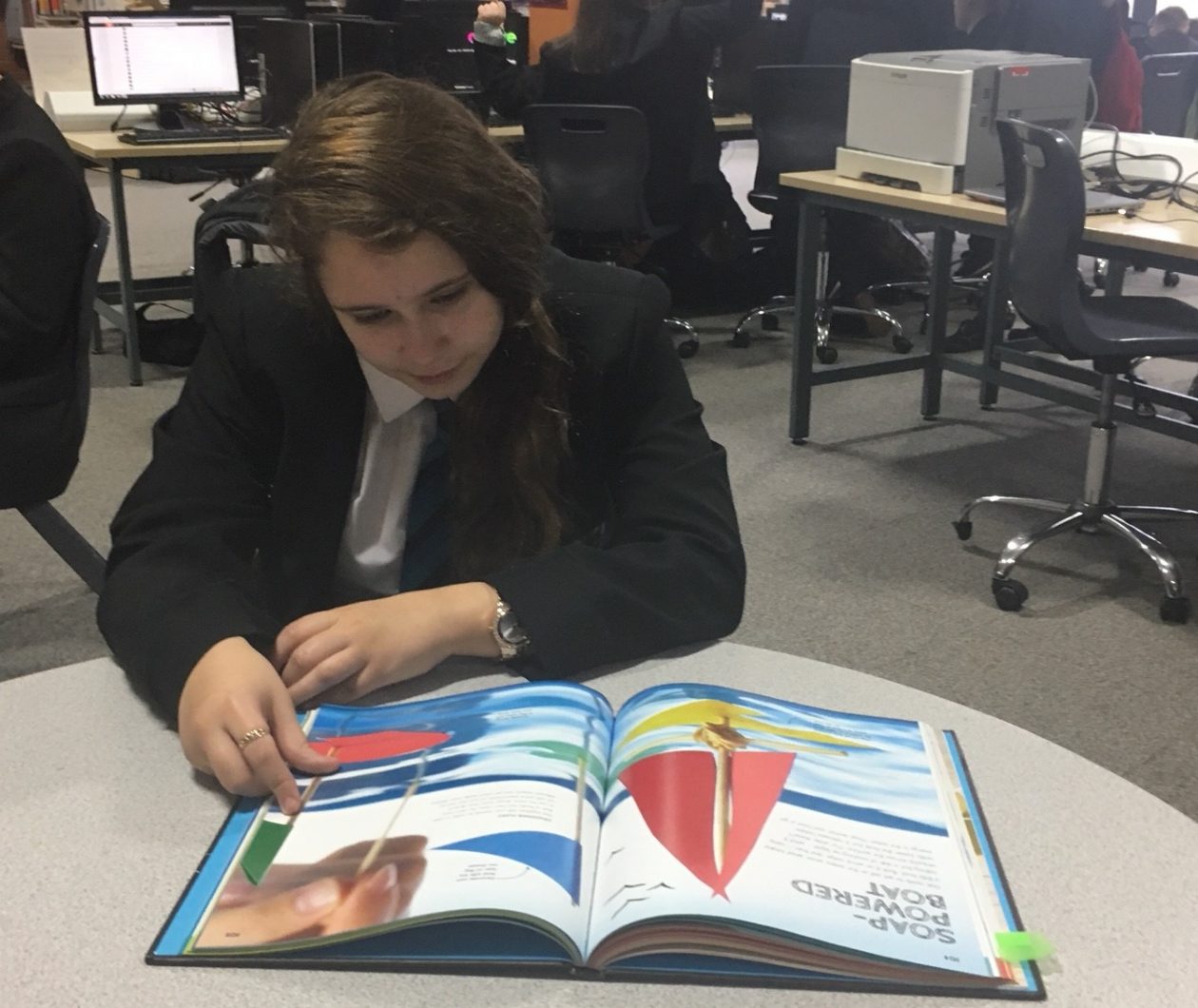 Literacy is fundamental to all areas of learning, as it unlocks access to the wider curriculum. Being literate increases opportunities for the individual in all aspects of life, lays the foundations for lifelong learning and work, and contributes strongly to the development of all four capacities of Curriculum for Excellence.
Literacy is fundamental to all areas of learning, as it unlocks access to the wider curriculum. Being literate increases opportunities for the individual in all aspects of life, lays the foundations for lifelong learning and work, and contributes strongly to the development of all four capacities of Curriculum for Excellence.
Competence and confidence in literacy, including competence in grammar, spelling and the spoken word, are essential for progress in all areas of the curriculum and young people need to be able to explain their thinking, debate their ideas and read and write at a level which will help them to develop their language skills further.
 “The simplest way to make sure that we raise literate children is to teach them to read, and to show them that reading is a pleasurable activity. And that means, at its simplest, finding books that they enjoy, giving them access to those books, and letting them read them.”
“The simplest way to make sure that we raise literate children is to teach them to read, and to show them that reading is a pleasurable activity. And that means, at its simplest, finding books that they enjoy, giving them access to those books, and letting them read them.”
Neil Gaiman (illustration by Chris Riddell)
Research has shown that there is a positive relationship between reading frequency, reading enjoyment and attainment. Reading enjoyment has been reported as being more important for children’s educational success than their family’s socio-economic status.
Furthermore, reading for pleasure not only impacts on reading achievement but also increases general knowledge, gives a better understanding of other cultures and increases empathy.
We are committed to improving literacy throughout the school and promoting reading for pleasure throughout the year.

